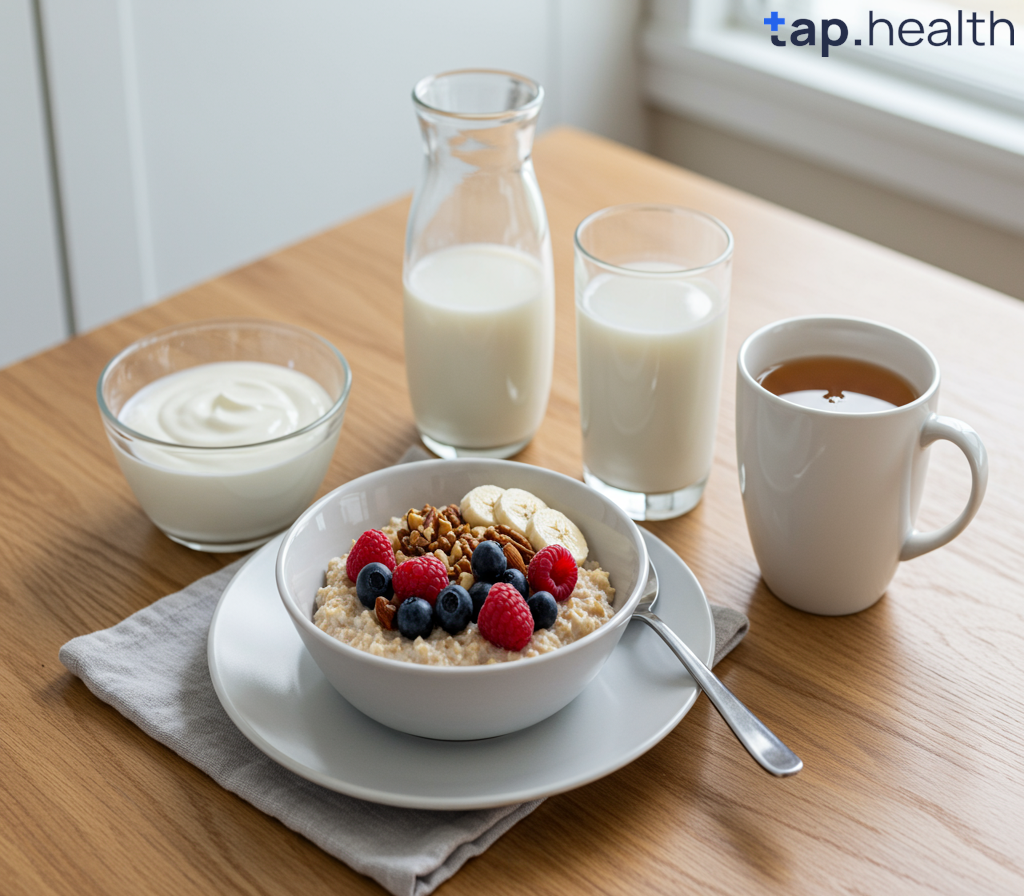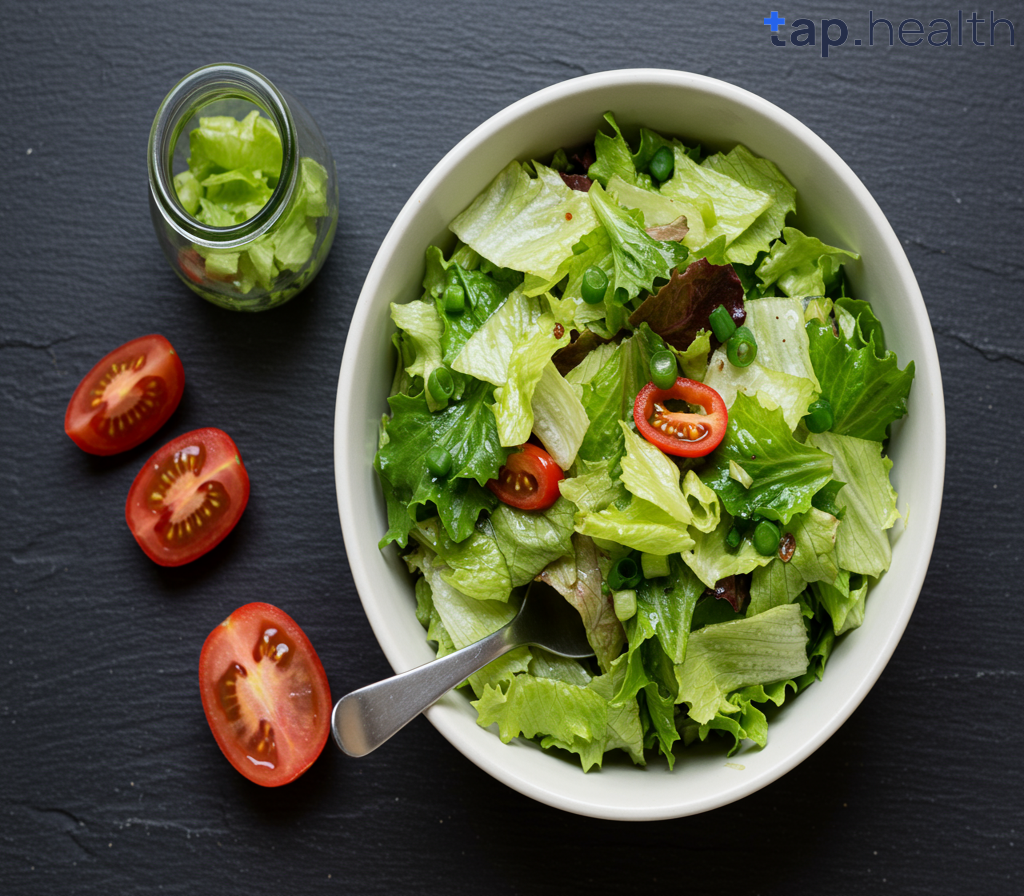If you or someone you love has diabetes, you’ve probably asked this question:
“Is breakfast cereal good for diabetic patients?”
The short answer: It depends.
Some cereals are okay — even healthy — while others can cause dangerous spikes in blood sugar.
Let’s break it down so it’s easy to understand what kind of cereal is safe, what to avoid, and how to make better choices.
What is Diabetes?
Diabetes is a long-term condition where your body has trouble controlling blood sugar levels.
There are two main types:
- Type 1 Diabetes: Usually diagnosed in children or teens. The body doesn’t make insulin.
- Type 2 Diabetes: More common in adults. The body doesn’t use insulin well.
Insulin helps move sugar from your blood into your cells for energy. Without enough insulin or if it doesn’t work right, sugar stays in your blood, which can lead to health problems.
How Does Food Affect Blood Sugar?
When you eat food, especially carbs, your body turns them into glucose (sugar). This raises your blood sugar level.
Not all carbs act the same way. Some raise blood sugar quickly — like sugary cereals — while others raise it slowly — like high-fiber whole grain cereals.
So, when choosing breakfast cereal, it’s important to know what kind of carbs you’re eating.
What Exactly Is Breakfast Cereal?
Breakfast cereal is a processed grain product made to be eaten with milk, yogurt, or sometimes dry. It comes in many forms:
- Corn flakes
- Oatmeal
- Granola
- Puffed rice
- Sugary kids’ cereals
Cereals can be made from corn, wheat, oats, rice, or other grains.
They may also contain added sugars, salt, flavorings, and preservatives.
Why Many Cereals Are Bad for Diabetics
1. High in Added Sugars
Many popular breakfast cereals are loaded with added sugars , which can cause blood sugar to spike fast.
Examples:
- Frosted Flakes
- Honey Nut Oatmeal
- Cocoa Puffs
- Cinnamon Toast Crunch
These cereals often have more sugar than actual grain!
2. Low in Fiber
Fiber slows down digestion and helps control blood sugar. Many cereals, especially the sweet ones, are low in fiber .
Whole grain cereals with at least 3 grams of fiber per serving are better for diabetics.
3. High Glycemic Index (GI)
The glycemic index tells us how fast a food raises blood sugar.
Sugary cereals have a high GI , meaning they cause quick spikes in blood sugar.
Better choices are low-GI foods that release sugar slowly into the blood.
📌 Source: Harvard T.H. Chan School of Public Health – Glycemic Index
4. Can Lead to Weight Gain
Sugary, low-fiber cereals don’t keep you full for long. This can make you hungry again soon after eating — leading to overeating and weight gain.
Weight gain makes managing diabetes harder.
5. May Cause Energy Crashes
Eating a bowl of sweet cereal might give you a quick burst of energy, but then your blood sugar drops fast — leaving you tired and moody.
This “crash” isn’t good for anyone, but especially not for people with diabetes.
What Do Experts Say?
Leading health groups have spoken out about breakfast cereal and diabetes:
- The American Diabetes Association says to choose cereals that are low in sugar and high in fiber.
- The Centers for Disease Control and Prevention (CDC) advises diabetics to pick complex carbohydrates — like whole grains — instead of refined ones.
📌 Source: CDC – Eating Well with Diabetes
Healthier Cereal Options for Diabetic Patients
Here are some better cereal choices for people with diabetes:
1. Oatmeal (Plain, Steel-Cut or Old-Fashioned)
Rich in soluble fiber, which helps slow down digestion and control blood sugar.
Avoid instant oatmeal with added sugar.
2. Shredded Wheat
Made from whole wheat, it’s low in sugar and high in fiber.
3. Bran Flakes
High in fiber, which helps manage blood sugar.
Check labels to avoid added sugars.
4. Unsweetened Muesli
A mix of rolled oats, nuts, and seeds. No added sugar.
5. Chia Seed Cereal or Flaxseed Cereal
Very low in carbs, high in fiber and healthy fats.
Tips for Choosing Better Cereal
Here’s how to find a healthier cereal if you have diabetes:
✅ Read the Nutrition Facts label
✅ Look for at least 3g of fiber per serving
✅ Choose cereals with less than 5g of sugar per serving
✅ Avoid artificial colors, flavors, and preservatives
✅ Pair with unsweetened almond milk or Greek yogurt
Real-Life Example: Comparing Two Cereals
Let’s compare two popular cereals to see the difference:
| Cereal Type | Serving Size | Total Carbs | Fiber | Sugar | Effect on Blood Sugar |
|---|---|---|---|---|---|
| Corn Flakes | 1 cup | 24g | 0.6g | 10g | Fast rise in blood sugar |
| Shredded Wheat (Original) | 1 cup | 23g | 5g | 0g | Slower, steadier rise in blood sugar |
Even though both have similar carbs, the shredded wheat has more fiber and no added sugar — making it a much better choice.
Can Diabetics Eat Sugary Cereal Occasionally?
Yes, but only in small amounts and rarely.
Think of sugary cereal like candy — something you might enjoy once in a while, not every day.
If you do eat sugary cereal:
- Keep portions small (½ cup instead of 1 cup)
- Add protein like nuts or Greek yogurt
- Monitor your blood sugar before and after eating
But remember, it’s best to avoid sugary cereals regularly if you have diabetes.
Other Foods That Act Like Sugary Cereal
Sugary cereal isn’t the only breakfast item that acts like it. Other foods to watch out for include:
- Sweetened oatmeal packets
- Pancakes with syrup
- Donuts or pastries
- Smoothies with added sugar
- Sweetened coffee drinks
These foods can all raise blood sugar quickly and should be limited in a diabetic diet.
Healthy Breakfast Ideas for Diabetics
Here are some great breakfast ideas that won’t spike your blood sugar:
1. Greek Yogurt with Berries and Nuts
High in protein and fiber, low in sugar.
2. Scrambled Eggs with Veggies
Great source of protein and healthy fats.
3. Overnight Oats (Unsweetened)
Use old-fashioned oats, chia seeds, and a splash of cinnamon.
4. Smoothie with Spinach, Almond Milk, and Protein Powder
Skip the fruit juice and add healthy fats like avocado.
5. Veggie Omelet with Whole Grain Toast
Balances protein, healthy fat, and complex carbs.
Lifestyle Tips for Managing Blood Sugar
Besides watching what you eat, here are other ways to help control diabetes:
- Eat regular meals to avoid big swings in blood sugar
- Stay active most days of the week
- Drink plenty of water
- Monitor your blood sugar as advised by your doctor
- Take medications as prescribed
A healthy lifestyle goes a long way in keeping blood sugar under control.
Final Thoughts: Is Breakfast Cereal Good for Diabetic Patients?
In short, some cereals are okay , but many are not .
Sugary, low-fiber cereals can raise blood sugar fast and should be avoided. But high-fiber, low-sugar cereals can be part of a healthy diabetic diet.
Always read the label carefully and talk to your doctor or dietitian about what’s best for you.
Remember, small changes in your diet can lead to big improvements in your health.
Frequently Asked Questions (FAQ) on Is Breakfast Cereal Good for Diabetic Patients?
Q1: Can diabetics eat any breakfast cereal?
A1: Yes, but choose wisely. Pick cereals that are high in fiber and low in sugar.
Q2: What kind of cereal is best for diabetics?
A2: High-fiber, low-sugar cereals like bran flakes, shredded wheat, or plain oatmeal are best.
Q3: Does cereal raise blood sugar?
A3: Yes, especially sugary or refined cereals. They can cause blood sugar to spike quickly.
Q4: Is oatmeal okay for diabetics?
A4: Yes, if it’s plain and unsweetened. Steel-cut or old-fashioned oats are better than instant.
Q5: How much cereal can a diabetic eat?
A5: It depends on your carb goals. Most diabetics aim for 30–45g of carbs per meal. Check the label for carbs per serving.
Q6: What happens if a diabetic eats too much sugary cereal?
A6: It can cause blood sugar spikes, fatigue, hunger, and over time, complications like nerve damage or heart disease.
Q7: Is granola okay for diabetics?
A7: Not always. Many granolas are high in sugar and calories. Make or buy unsweetened versions.



